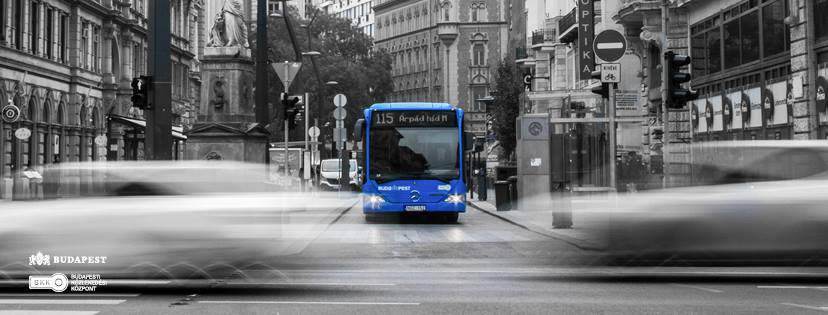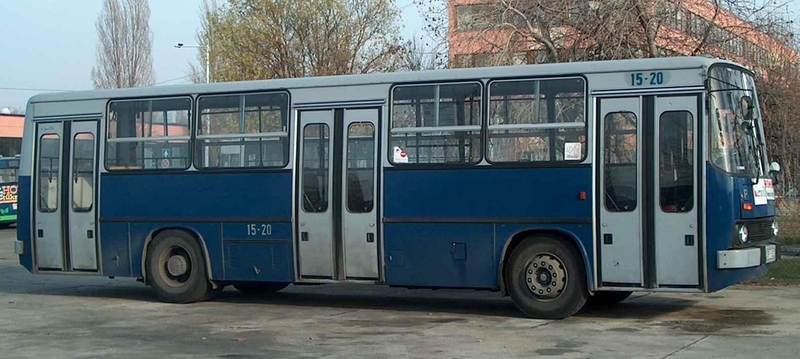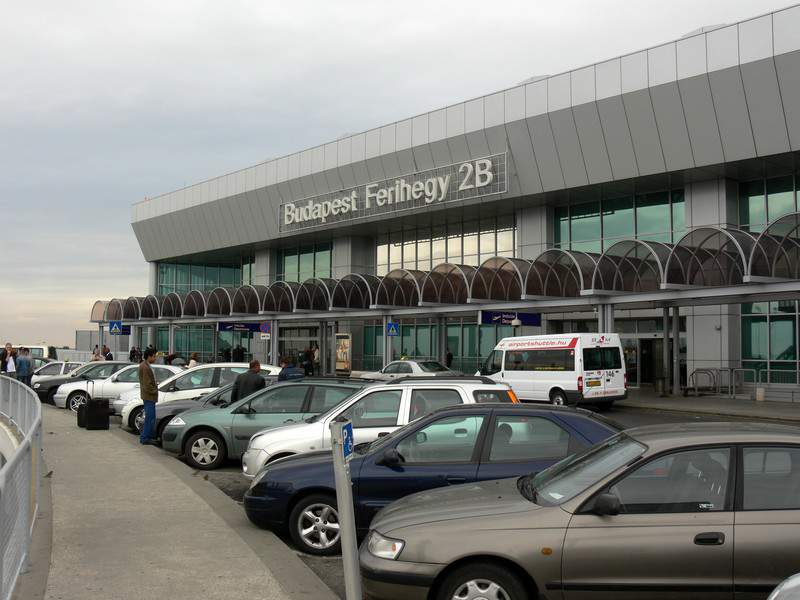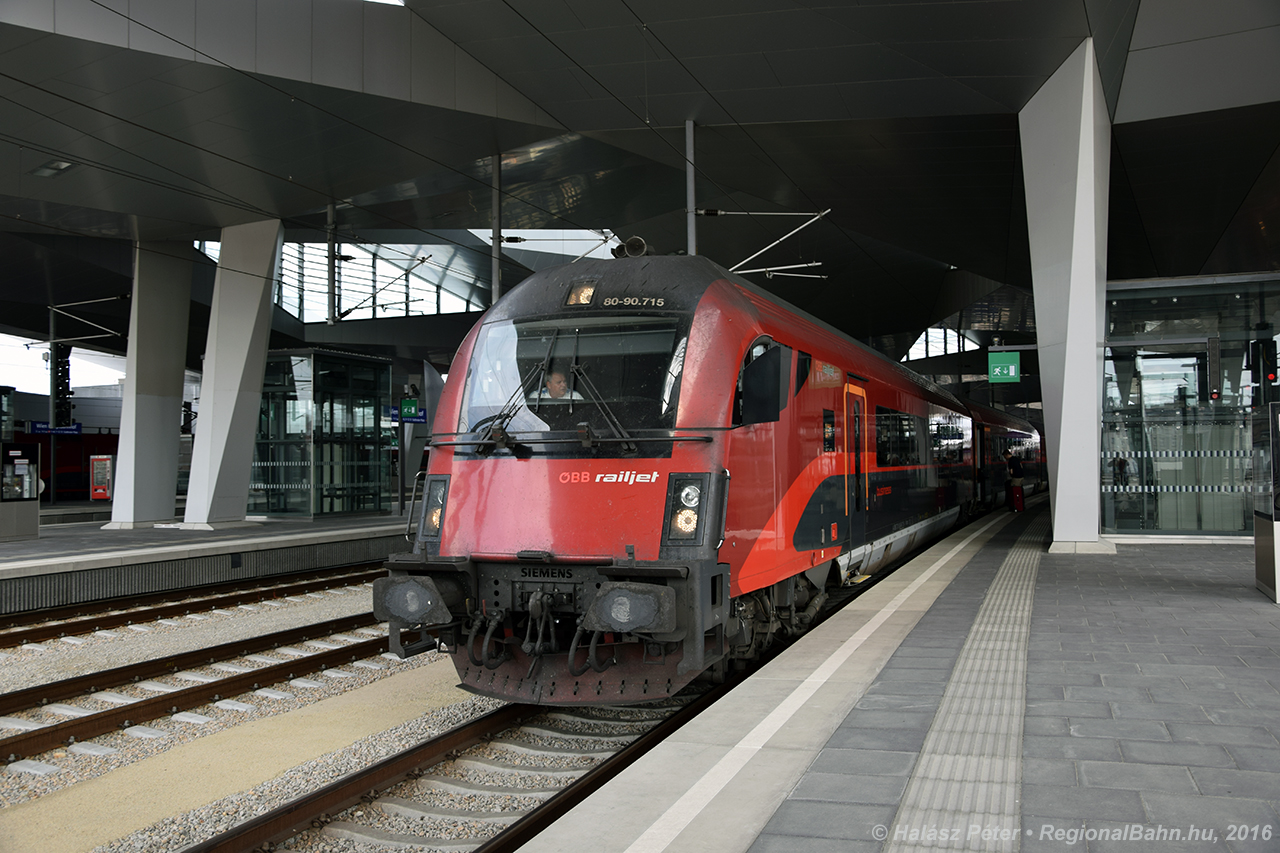Guess how many times Budapest buses break down per month

Replacement of old buses in Budapest public transport is getting more and more urgent. Data requested from the Centre for Budapest Transport (BKK) by the Hungarian Union for Public Transport Users (Közlekedő Tömeg Egyesület) shows the seriousness of the situation.
Based on the list of all breakdowns and failures that happened between 1 June and 3 August, G7 summarised that on average, there were 207 mechanical failures per day, in the examined period. Since 2.5 thousand public transport vehicles run in the Hungarian capital, this means, every 12th vehicle – including trams, trolleys and buses – breaks down for some time on an average summer day. Fixing them typically took 64 minutes.
The situation is not only pretty inconvenient for all; it also raises the costs of operating the public transport system of the capital. Actually, the transport services of BKK are provided by different companies. The Budapest Transport Privately Held Corporation (BKV) operates the trams, metros, and trolleys, but buses have more than one operator. Approximately, out of the 1600 buses in the capital, only 1000 belongs to BKV; VT-Arriva operates 450 and Volánbusz approximately another 200.
Out of all the vehicles, on average, 145 buses broke down per day. Due to this high number, 2-3 dozens of vehicles, as well as drivers have to be on standby to help, plus replacement buses have to cross the city without passengers which all raise costs. So the total of bus costs is mostly spent on bus breakdowns.
In 2020, BKK will pay 150.7 billion Forints to BKV and the other bus operators for operating the public transport system, but how the total amount is split among bus, tram, metro and additional costs is unknown. Since BKK’s overall performance is around 125 billion Forints, the external service providers’ could be 25 billion, and we also know that one-third of the total performance of BKV is from buses, so it can be calculated that the total cost of bus transport in the capital should be around 66 billion Forints this year.
Vehicles from VT-Arriva (that is the shared company of Videoton and Deutsche Bahn) and Volánbusz (which belongs to MÁV) are getting old enough to be replaced too, but BKV’s vehicles are by far the oldest and these have the most defects. But it’s actually not just about age, since BKV buses fail more than five times more often than vehicles by external operators.
If we examine failures by the different models, there are significant differences – at least during the summer months –; instead of 3, the international models only broke down 1-1.5 times. On the other hand, vehicles like the Turkish Karsan midi bus (that goes up to the Buda Castle) and Modulo buses produced by Hungarian Evopro Group have by far the worse results.
Modulo buses broke down every three days. The Alfa Civis model produced by Alfa-Busz in Székesfehérvár also got poor results. Plus another model that was built in small series: Modulo 108d, constructed by BKV for the company itself, also got terrible results.
BKV now has a diverse variety of vehicles, with a lot of secondhand ones purchased from Western-Europe. The Van Hool buses are as problematic as the Ikarus 405 models, and the secondhand Volvos are pretty old, too.
Mercedes and MAN buses are more reliable; external operators chose these for a good reason. These have a stable market, and as opposed to small series produces buses, they are marketable even when used – consequently, high sales volumes make the maintenance more efficient and cheaper.
This might come as a surprise but the more than 40 years old Ikarus 260 models are one of the most reliable buses of capital. This could be partly because they lack the now basic equipment such as air conditioning, vehicle safety systems or an engine that complies with strict environmental regulations.

Out of the 20, the five years old electric buses that the state purchased for 4 billion Forints were the ones that even burned down, and the rest is not functioning too well either. Even though a sustainable transport system sounds appealing, Evopro Modulo buses broke down too often; one of them failed 50 times within the 63 days.
To keep the buses in Budapest at a relatively healthy age, at least 100-150 new ones should be purchased per year. Nevertheless, in 2018 only 11, in 2019 none, and in 2020 so far 42 new buses entered the roads. Only to replace buses older than 15, they would need to buy 600 new ones, which would cost 50-60 billion Forints.
Featured image: facebook.com/bkkbudapest
Source: G7




Bus 16 – mini bus service to Buda Castle, not surprised at there un-reliability.
The quality of the suspension – the “knocking” metallic sound, when they encounter rough and holed roadways, through the inferior quality of the suspension – shock absorbers, of these buses, makes for passengers, a discomfort of travel.
Concerning, that these buses – mini buses – purchased just to run the relatively short distant of service, that Bus 16 operates, that, who ever signed the contract for their purchase, didn’t exercise there job with greater diligence and thoroughness.
The mini buses that “hold up” are the backbone of the running Bus 16 route, will not have longevity of public service.
They are a “lemon” – a mechanical time bomb for maintaining and mechanical upkeep.
Stay Safe & Well – ALL.